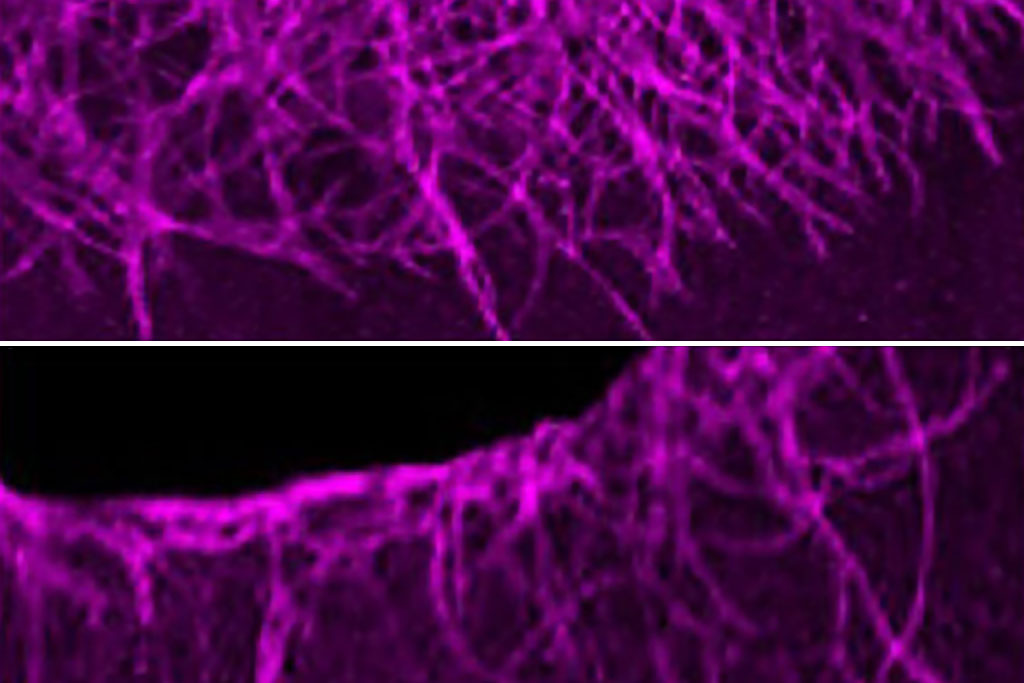Angiogenesis mechanism revealed
Researchers from SciLifeLab and Uppsala University have discovered a mechanism for angiogenesis, which is the formation of new blood vessels, and have demonstrated the importance of the mechanism in organ development and embryonic survival. The findings might be of importance when trying to control angiogenesis in different diseases such as cancer.
In the recent study, published in EMBO Reports and led by Lena Claesson-Welsh (SciLifeLab/Uppsala University), researchers discovered that a mutation of a single amino acid in the vascular endothelial growth factor receptor protein VEGFR2 resulted in the loss of the mechanism leading to death during embryonic development or death after birth due to organ damage, in mice. Interestingly, which one of the two scenarios that occurred seemed to be depending on the genetic makeup of the mouse.
“We were very surprised to discover the importance of genetics in controlling the mechanism of endothelial cell division. Certain types of mice would not survive embryo development, while others would survive but show defects after birth,” says Chiara Testini, first author of the study.
The researchers tested mice with defect VEGFR2 and could observe a complete lack of cell division.
“That such a critical mechanism, formation of new blood vessels, is controlled by a single amino acid was really unexpected and we had to check the results again and again using various techniques. We hope these new findings can be developed to manipulate endothelial cell formation to make more or fewer blood vessels dependent on the need,” says Lena Claesson-Welsh.
Read the entire press release from Uppsala University here.





